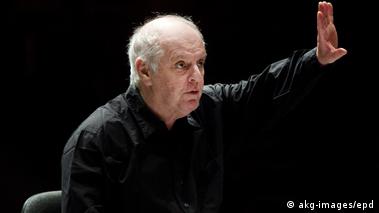
Today, the music academy brings together Israelis and Palestinians, as well as young musicians from Iran, Lebanon and Syria. Another 20%-25% of the 80 students are from outside the Middle East, creating a pool of young talent “from 27 nations,” said academy director Regula Rapp.
Read more here Deutsche Welle